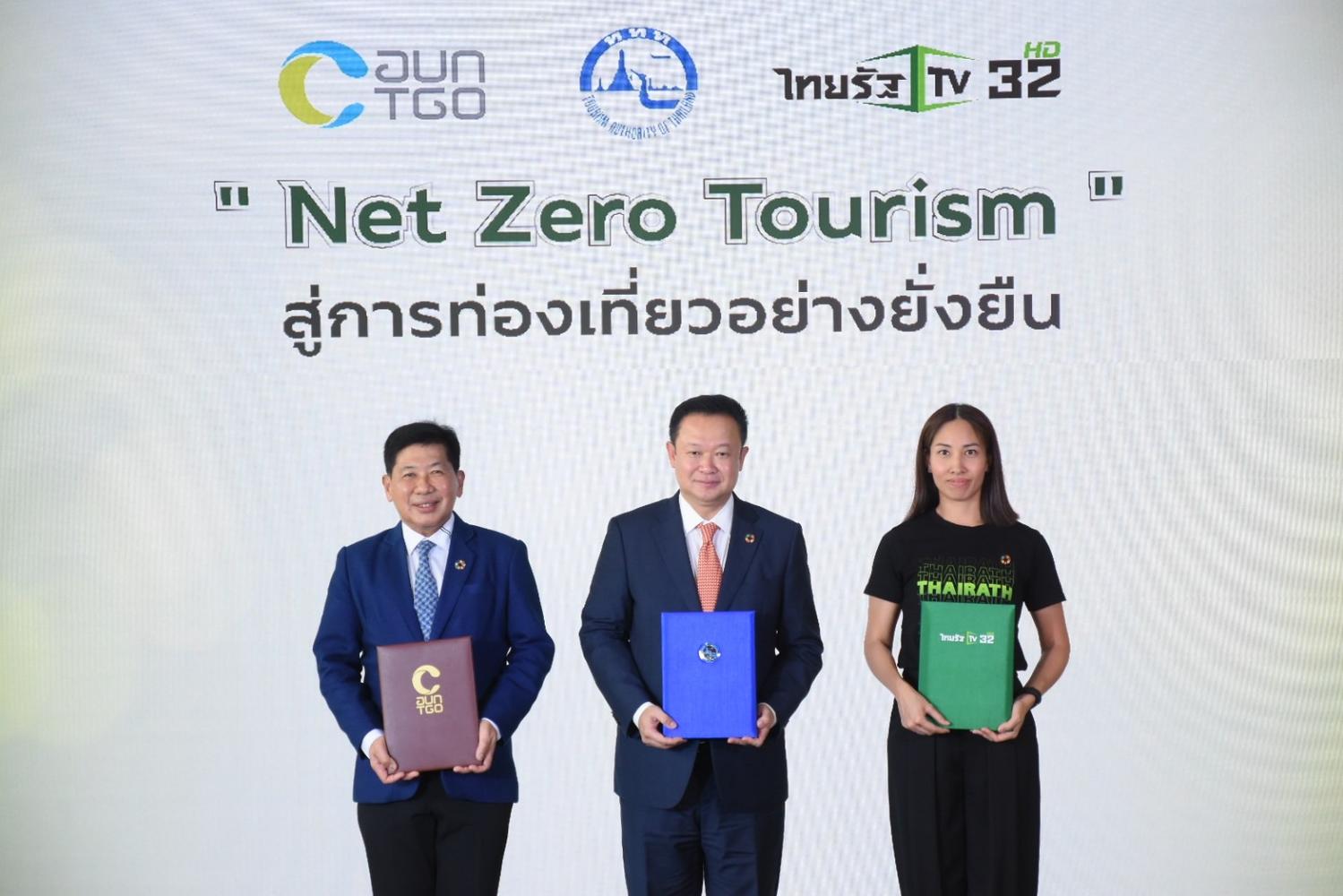
The Tourism Authority of Thailand (TAT) expects Thailand to have received 10 million foreign tourists by the end of this month and to continue to have at least 2 million visitors per month despite the low season.
TAT governor Yuthasak Supasorn said on Wednesday that the country has continued to maintain a consistent record of more than 50,000 arrivals per day, which means the monthly minimum rate could be expected at 2 million per month during the low season.
With a new government being formed, the TAT hopes the new prime minister would be able to help develop tourism by encouraging fair distribution in tourism supply chains as the current market saw only certain groups, particularly big players, reap the benefits of the growth in tourism.
He said inclusive growth would also drive the country's competitiveness, along with the plan to promote high quality tourists and to increase the length of stays.
Regarding issues pertaining to the visa application process for Chinese tourists, Mr Yuthasak said the limit still remained at 84,000 approvals per day.
He said all related authorities are is now working to solve this problem and communicate to all Chinese agents via the TAT's China offices to be well-prepared in terms of providing relevant documents so they could shorten the approval period.
Meanwhile, he hoped these obstacles would be gone by the third quarter or by August, as the high season for the Mice (meetings, incentives, conventions and exhibitions) segment was fast approaching.
The TAT is still maintaining its target of receiving 5 million Chinese tourists this year, as many independent tourists are also coming through the visa-on-arrival channel, along with a significant increase in flight capacity throughout this year.
The TAT on Wednesday signed a memorandum of understanding on boosting net zero tourism between the TAT, the Thailand Greenhouse Gas Management Organization, and Thairath.
It aims to drive collaboration in the tourism industry towards sustainable tourism goals, through shaping the supply chain, along with promoting greater awareness and seminars.
Mr Yuthasak said the TAT hopes to create a tourism carbon exchange market by 2030, in which operators would be able to buy and sell carbon credits to meet the net zero tourism goal.







